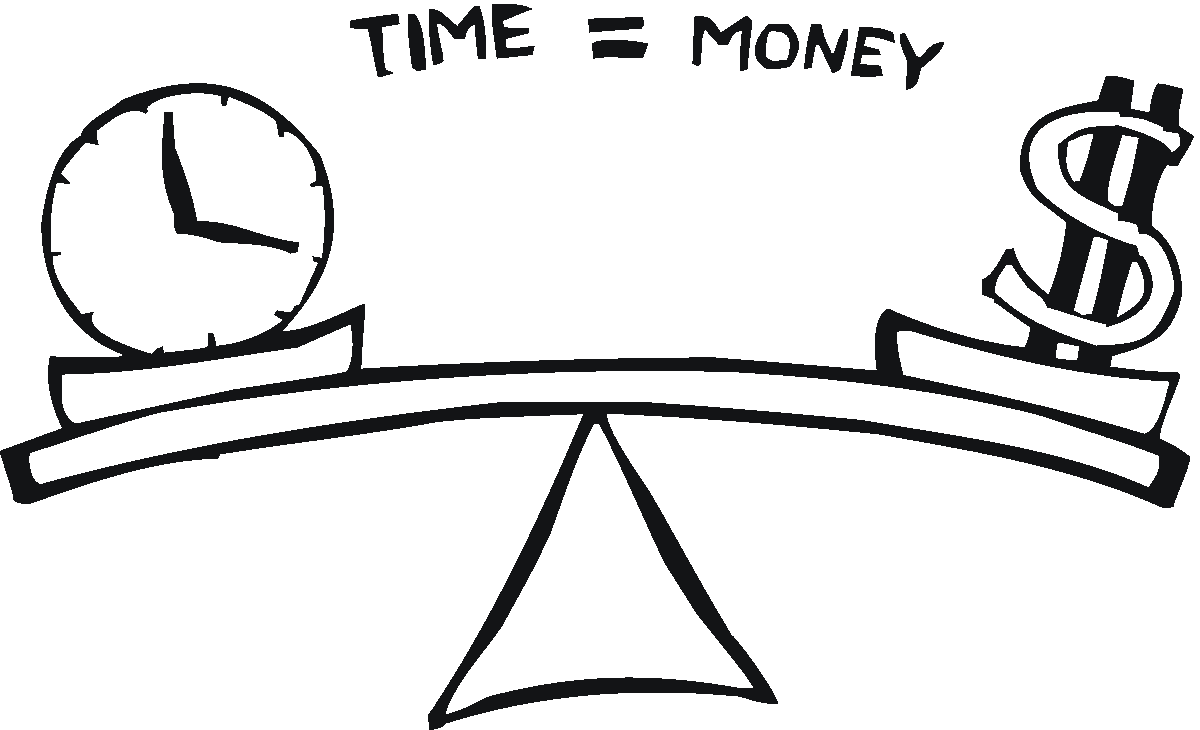There’s been knowledge for at least a couple of years now that the source of happiness (er, contentment) is less about money and more about time and experiences. That whole idea may actually reshape how we think about retirement and inheritance.
As with many things, though, the notion of “how we work” and/or “business” hasn’t caught up to this idea. Work still primarily operates in an Industrial Age mentality, even though we’re in some other age right now — whether you want to call that The Knowledge Age, the Sharing Age, etc. That’s up to you. The thing is: technology has made things faster and easier, and yet we still feel we need to work more. The most successful companies don’t even own and/or make things anymore, and we still slave away and sacrifice 430 million vacation days a year.
Basically, we approach work using completely outdated models of what people need and what motivates people, but that’s not entirely surprising. Most people that rise up ladders at jobs have absolutely no clue what motivates people. That’s Brick 1 in the building that is this problem.
The other problem is that people generally internalize and believe what their loved ones and mentors tell and teach them, and everyone is always telling everyone else that work is virtuous and working hard is the true goal. That’s a very outdated attitude, and will become even more frustrating as there are less and less jobs to go around.
Here’s a recent article on how Richard Branson is now offering people unlimited vacation if they work at Virgin; other companies do this, albeit on somewhat of a smaller scale. (Evernote is an example.)
Here’s probably the essential paragraph:
Why give up on a vacation system that’s been in place for 170-plus years? Because it was a bad idea then, and with a work force that did not grow up in the shadow of the Industrial Age, it’s an even worse idea today. Almost no one under 40 can relate to a time-based system that makes no sense in a results-based work world.
The whole idea here is pretty simple: if you give people some semblance of control over their time, allowing them to pursue the experiences they want, they will be committed back to you. When they are at work, they’ll build a great company with you, not simply for you. “With” and “for” are both prepositions, but the difference between them in a future of work context is huge.
If you have employees doing stuff for you, they will leave.
If you have employees doing stuff with you, they will stay.
You move from for to with through respecting the time and passions of people you’re working with, so long as they’re hitting their core goals.
The problem is this mentality:
That’s how a lot of old-school business guys think, and that generation isn’t exiting the workforce just yet.
The problem I’ve always had with this stuff is really simple: let’s make this easy and say you have an org of only 10 people, right? (In reality it’s probably infinitely larger than that.) Those 10 people are not all the same. If all 10 worked in Operations and you gave the same project to all 10, would all 10 take exactly 40-50 hours/week to finish it? No. Some would take 30, some would take 60, and some would take 45. That’s humanity. There are differences in intelligence, time on-task, effectiveness, ability to find shortcuts, etc.
So why do we care how long someone is sitting at a desk or in an office? Work, as a base concept, is essentially hitting a set of deliverables. If you can do that and afford 3-4 weeks vacation, go take it. What’s wrong with that?
Interesting that the attitude used to be that “Time is Money!” and now, literally, time has essentially become a new form of money.

I can identify with some points above. A member of the team I’m on is in the early months of her first pregnancy. For the year so far, she has worked from home for 5 days on those bad morning sickness days. To be honest, it is exactly the same to me as if she were seated across the room. However, there are now some rumblings in the office about how other people come to work hell or high water during pregnancy. As her supervisor, I can say she is dedicated when at home: emails get answered, projects get advanced. Yet they are hung up on her sitting at a desk to keep up appearances, even if she is running to throw up ever so often.
In my country, a part of the developing world, I can definitely say this “new” concept of work as deliverables, and not presence, is slow to catch on.
Reblogged this on Gr8fullsoul.